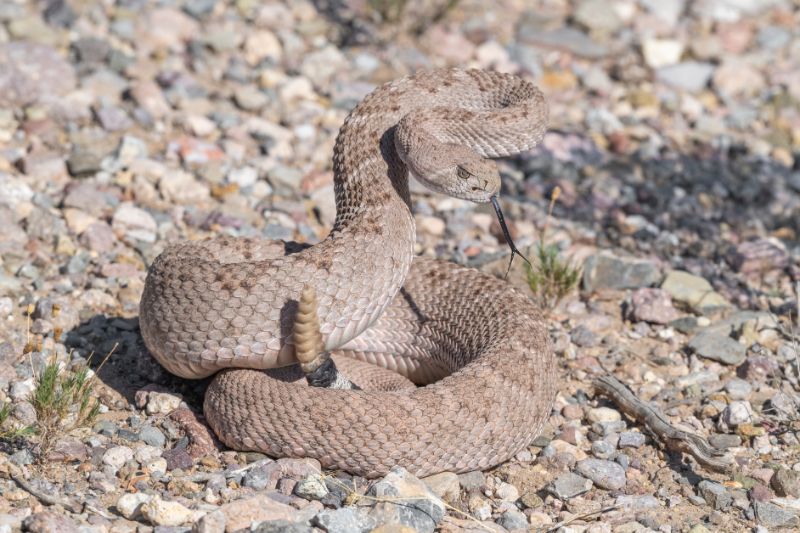On the Trail with Fido: Is the Rattlesnake Vaccine Right for Your Pet
If your best hiking or walking buddy has a penchant for sussing out every wild animal in a 20 mile radius, you are not alone. Dogs are endlessly curious and sometimes want to get close and personal with wildlife that can cause them harm, like bears, skunks, and yes, rattlesnakes. We live in prime rattlesnake country, and encounters between dogs and snakes are common.
If you have been worried about your bestie on the trail, the team at Sunrise Boulevard Animal Hospital is here to explain why the rattlesnake vaccine is an important component of outdoor recreation with your pet. Let’s explore!
Rattlesnakes Among Us
Rattlesnakes are active year-round in mild climates, but are most active in the spring and summer months. Rattlesnakes are venomous, and one of the two families of snakes that are poisonous.
There are three different subspecies of rattlesnakes in our region, including Northern Pacific, Western Diamondback, and Mojave. The majority of snake bites occur when a snake feels under threat. Dogs, unless diverted, will corner a snake and get bitten. This bite can be life-threatening and is quite painful.
There are signs that accompany a snake bite:
- Puncture wounds
- Bleeding
- Swelling
- Howling/yowling
- Licking at wound site
- Lethargy
- Shaking/trembling
- Slow, labored breath
Any snake bite should be considered a veterinary emergency. Your pet should be seen immediately, as every second is important in being able to treat a snake bite.
The Rattlesnake Vaccine for Pets
You may have heard of this vaccine, especially if you and your furry love the great outdoors. The rattlesnake vaccine was first approved by the FDA in 2003 and it protects against the venom of Western Diamondback Rattlesnakes, which account for most of the attacks on dogs, but can help ease the effects of most pit viper bites.
This vaccine is administered in two parts, waiting 30 days between each shot. After a month’s wait, your dog should be ready to get back on the trail, which is why we recommend the vaccine at least two months before you plan on being out with your dog more often (such as administering them in late winter to be ready for spring).
While the vaccine is effective, it doesn’t completely protect your pet from the venom. Your pet will still need treatment after a bite from a venomous snake, but the effects of the venom won’t be as harmful or fast-acting.
We hope this summary of rattlesnakes and the rattlesnake vaccine has given you a better understanding of your pet’s risk. If you would like additional information, or would like to schedule a time for your pet to start their vaccine, please contact us. We are always here to answer all of your pet related questions.

